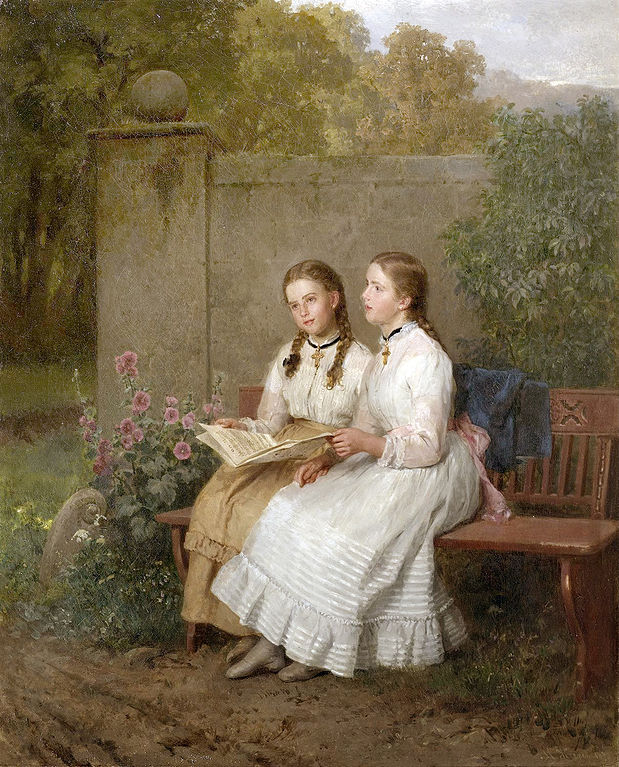Over the years, higher education has become thoroughly vocationalized, and people now come to university and college expecting to be trained for the job market.
This means that society sees the academy as nothing more than a training facility where specific and transferable skills are acquired by individuals which can then be translated into careers and jobs in the marketplace. Inherently there is nothing wrong about such a view of education; jobs and careers are fundamental to a happy life.
But there is an essential problem here, because a primary component is being consistently ignored, which we can get to by asking a simple question. What guarantees a career or a job or a paycheck in the first place? It is not proficiency in skill – rather, it is the context in which this skill is to be practiced.
And this context, of course, is society. It is only within the context of a good society that jobs, careers – in short, the good life – can be guaranteed.
But if education is nothing other than training efficient workers who only know how to apply their skills in job situations – who will manage the needs of society so that it continues to be good, continues to be that context in which jobs and careers, and the good life, are to be guaranteed?
If no one is educated in taking care of the good society, will society continue to be good? There is a strong and direct co-relationship between prosperity and the good society.
In our own political and cultural context, the good society is the liberal democracy, which depends upon the idea that all of us must work together to maintain the goodness of our society.
In order to do so, we must be educated in the wisdom of the liberal democratic tradition. But if we only worry about training for jobs, who will have the knowledge to ensure that our society remains both liberal and democratic – that it retains its goodness? And what are the characteristics of such a society?
They are ideals that we all aspire to and expect our society to provide – namely, freedom, personal worth, individual rights, and a government entirely answerable to the people.
Notice none of these expectations depend upon skill, upon being a good worker. And none of these expectations have come about as a result of industry’s efforts. Industry can function in any type of society. It has loyalty only to profit.
These expectations are, of course, ideals – and ideals require two things: education – and humane thinking.
